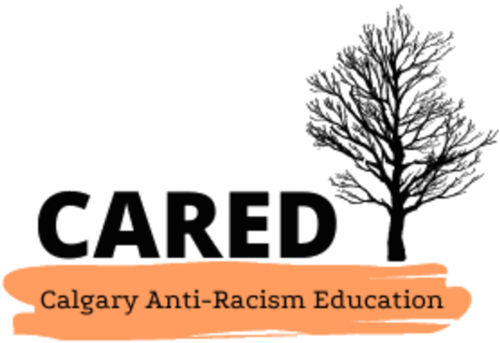

“As long as race is something applied only to non-white peoples, as long as white people are not racially seen and named, they/we function as a human norm. Other people are raced, we are just people. …The point of seeing the racing of whites is to dislodge them/us from the position of power, with all the inequities, oppression, privileges and sufferings in its train, dislodging them/us by undercutting the authority with which they/we speak and act in and on the world.” – Dyer, 1997, p. 152; 153 qtd. in Holliday et al.
Racialization is the very complex and contradictory process through which groups come to be designated as being part of a particular “race” and on that basis subjected to differential and/or unequal treatment. Put simply, “racialization [is] the process of manufacturing and utilizing the notion of race in any capacity” (Dalal, 2002, p. 27). While white people are also racialized, this process is often rendered invisible or normative to those designated as white. As a result, white people may not see themselves as part of a race but still maintain the authority to name and racialize “others.” Historically, it has been white people who hold the social, political, and economic power to name and categorize people of colour and Indigenous peoples due to colonial history; in many countries, whiteness is maintained as the “norm” that other races are measured against. White-skinned people doing the naming/categorizing often categorize themselves as white or Caucasian or they may think of themselves as “raceless” and “normal.” This “normalcy” is defined by the assumed “otherness” or “abnormality” of people of colour. As a result, the position of “white” has remained dominant and self-sustaining.
This process/history is with us today, often in implicit ways. You may find that the white people you know and interact with express contradictory ideas about race, such as:
The process by which people are identified by racial characteristics is a social and cultural process, as well as an individual one. That is, a social order might racialize a group through media coverage, political action, and the production of a general consensus in the public about that group. An individual might racialize another individual or group through particular actions (e.g. avoiding eye contact, crossing the street, asking invasive questions about their ancestry) that designate the target individual or group as “other” or “not-normal.” Racialization is a fluid process. A particular community might be racialized at a certain point in history but then later “pass into” whiteness (e.g. Italian Canadians).




2500 University Drive NW
Calgary, AB T2N 1N4
(403) 220-2505
aclrc@ucalgary.ca